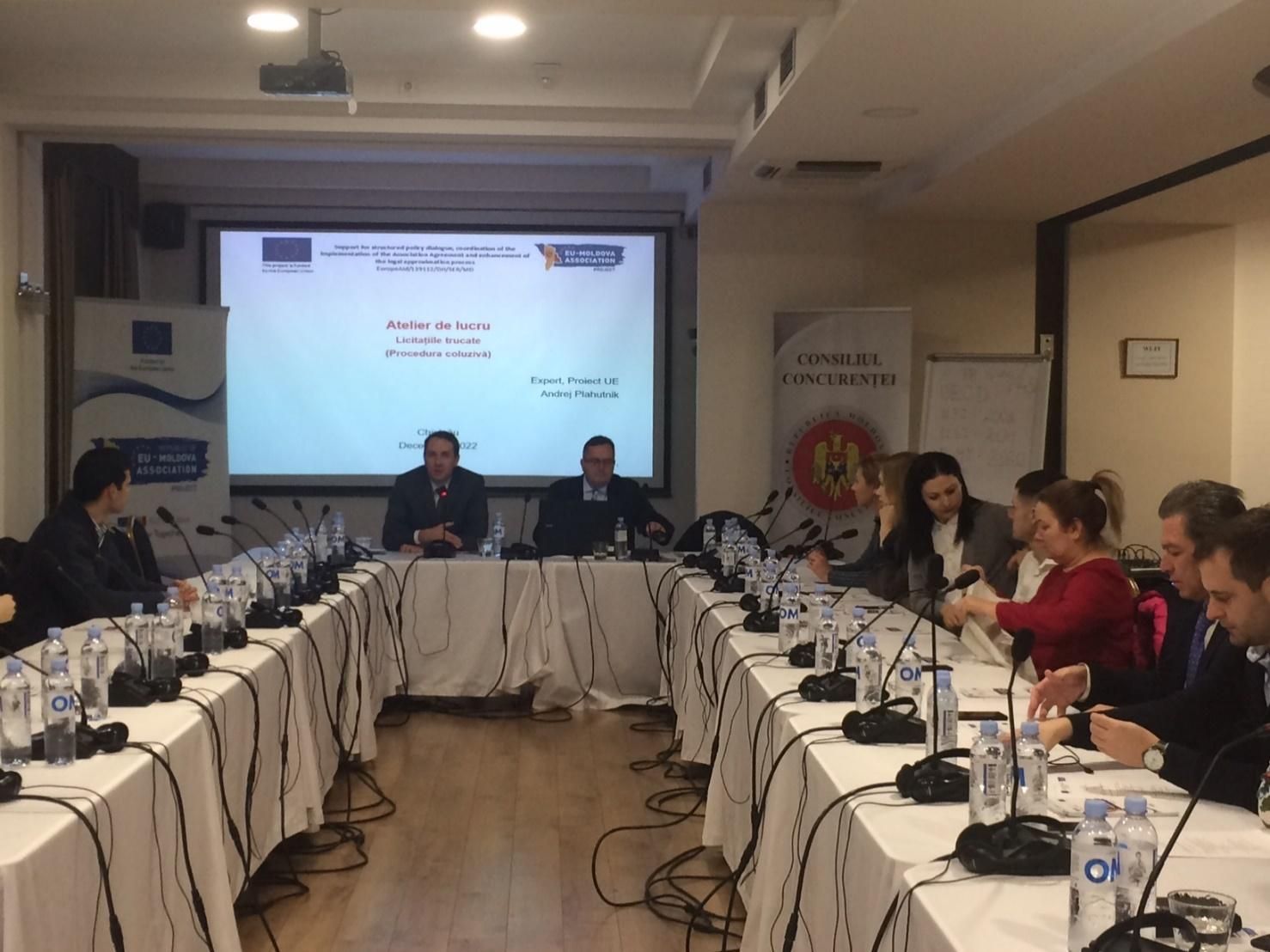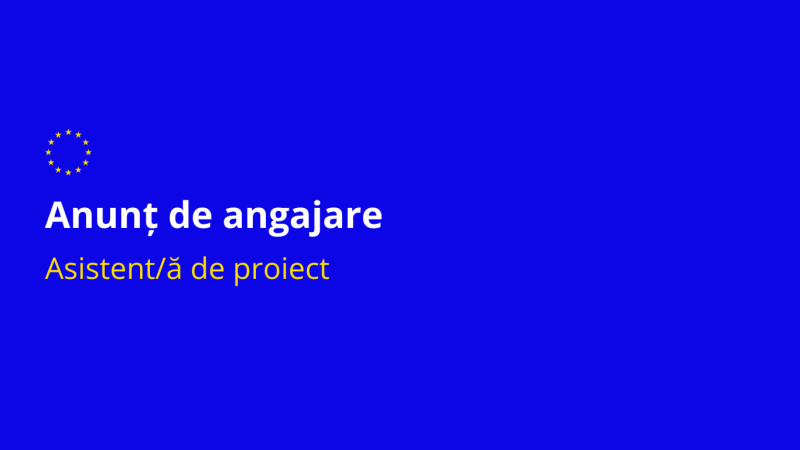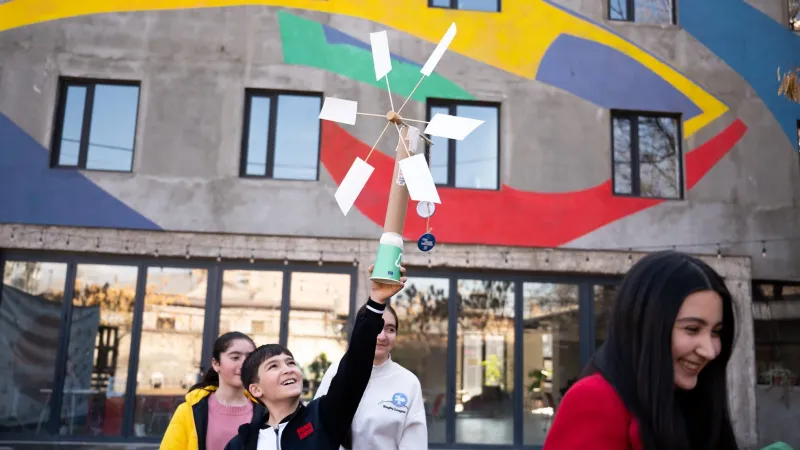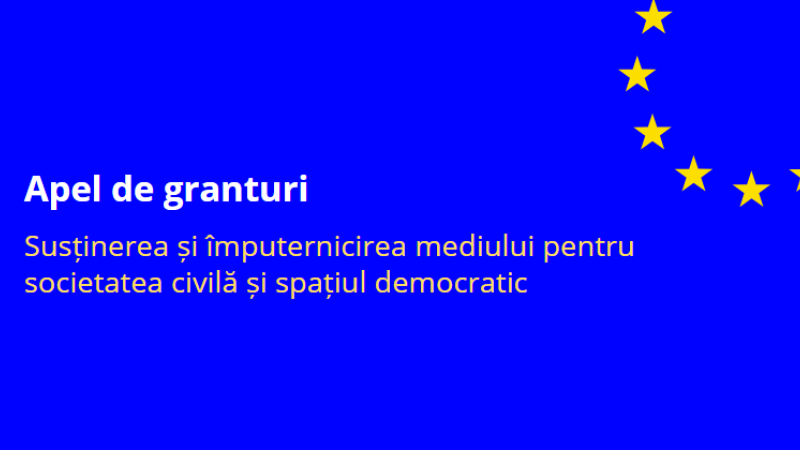
UE sprijină aplicarea eficientă a legislației și politicilor din domeniul concurenței în Republica Moldova
Proiectul finanțat de UE „Sprijin pentru dialog politic structurat, coordonarea implementării Acordului de Asociere și îmbunătățirea procesului de aproximare legală în Republica Moldova” a continuat să organizeze sesiuni tematice, în strânsă cooperare cu Consiliul Concurenței, care au ținut cont de importanța Legii și Politicii Concurenței atât în ceea ce privește competitivitatea economiei naționale, cât și procesul de aderare.
Republica Moldova a obținut statutul de țară candidată la UE în iunie 2022, iar nivelul de aproximare legală și, mai ales, de implementarea a acesteia, nu trebuie să fie doar un subiect în procesul de negociere a (pre)aderării, dar și un element foarte important în perioada premergătoare procesului preconizat de screening și poate avea un efect puternic asupra stabilirii criteriilor de referință aferente, în special în capitolul 8, care include prevederi legate de concurența și ajutorul de stat.
Atelierul de lucru privind evaluarea economică și juridică a concentrărilor economice, care a avut loc pe data de 13 decembrie 2022, a oferit discuții în detaliu privind diferite aspecte ale revizuirii concentrărilor, inter alia, subliniind în special pragurile economice și juridice care trebuie luate în considerare atunci când se analizează diferitele tipuri de concentrări ale întreprinderilor pe piață. Acest atelier specific a urmat, de fapt, drept o continuare a temei care a fost prezentată pe 27 octombrie – indicatorii economici și structurali. Elaborarea detaliată a indicatorilor economici și structurali este unul dintre obiectivele cheie ale înțelegerii pieței atât în domeniul Antitrust (detectarea practicilor coluzive și a comportamentului abuziv), cât și în ceea ce privește controlul concentrărilor.
Atelierul desfășurat pe 13 decembrie 2022 a oferit o viziune cuprinzătoare asupra diferitelor tipuri de praguri egale, în special în ceea ce privește preluarea de facto a influenței decisive și, prin urmare, a capacității de a decide în privința parametrilor concurențiali ai întreprinderilor „țintă” de pe piață.
O parte specială a atelierului a fost dedicată remediilor în cazul concentrărilor care pot reprezenta o problemă de concurență, precum și rolului mandatarilor în astfel de cazuri. Proprietatea netransparentă a companiilor care intenționează/exercită control asupra companiilor țintă reprezintă o provocare specifică în revizuirea concentrărilor, cu toate acestea, nu există o soluție clară la această problemă deschisă și solicitantă în cazul în care nu există posibilitatea unei cooperări extinse cu alte instituții care dețin informații relevante despre activități de piață, cum ar fi, de exemplu, Agenția pentru Piața Valorilor Mobiliare etc.
Atelierul a oferit, de asemenea, o elaborare detaliată a diferitelor cazuri de concentrări „repere” pentru a prezenta provocările specifice în identificarea pieței relevante, test care trebuie aplicat în determinarea „scăderii semnificative a concurenței”, precum și elemente pentru interzicerea concentrărilor intenționate și identificarea elementelor de aprobare a concentrărilor care pot părea „la prima vedere” critice în ceea ce privește potențialele îngrijorări în materie de concurență.
Indicatorii economici și structurali sunt, de asemenea, elemente inevitabile atunci când se depistează practicile coluzive, de obicei descrise drept acorduri restrictive; astfel de acorduri care vizează stabilirea prețurilor și împărțirea pieței sunt cunoscute sub denumirea de carteluri grave. O formă specială și cea mai dăunătoare de practici coluzive este trucajul de licitație, cunoscută și sub numele de licitație coluzivă.
Masa rotundă care s-a axat pe elaborarea detaliată a trucării licitațiilor (licitație coluzivă) a avut loc pe 15 decembrie 2022. La eveniment au participat reprezentanți ai Consiliului Concurenței și ai altor instituții care se ocupă de detectarea și interzicerea unor astfel de practici ilegale.
Trucarea licitațiilor ca formă particulară de comportament coluziv de stabilire a prețurilor, prin care firmele își coordonează ofertele pentru achiziții sau contracte de proiect, este o încălcare specifică care apare în practicile de achiziții (publice) și reprezintă nu numai încălcarea legilor concurenței, ci și alte prevederi legislative conexe, în special cele care țin de achizițiile publice, precum și de corupție.
La toate mesele rotunde și atelierele de lucru organizate în cadrul proiectului în strânsă colaborare cu Consiliul Concurenței în octombrie și decembrie 2022, au participat într-un număr sporit angajații Consiliului Concurenței, precum și reprezentanții altor instituții. Acest proces de instruire poate fi extins în continuare, dezvoltând un set de instruiri specifice privind legea și politica concurenței și aplicarea acesteia pentru alte părți interesate importante, sistemul judiciar, sectorul de afaceri, autoritățile de reglementare din sector etc., deoarece nivelul culturii concurenței depinde de toți – de la autoritățile de aplicare până la participanții pe piață.
Proiectul finanțat de UE „Sprijin pentru dialog politic structurat, coordonarea implementării Acordului de Asociere și îmbunătățirea procesului de aproximare legală în Republica Moldova” are drept scop sporirea capacităților Guvernului Republicii Moldova și a altor instituții cheie de nivel național în implementarea Acordului de Asociere UE-Republica Moldova.


